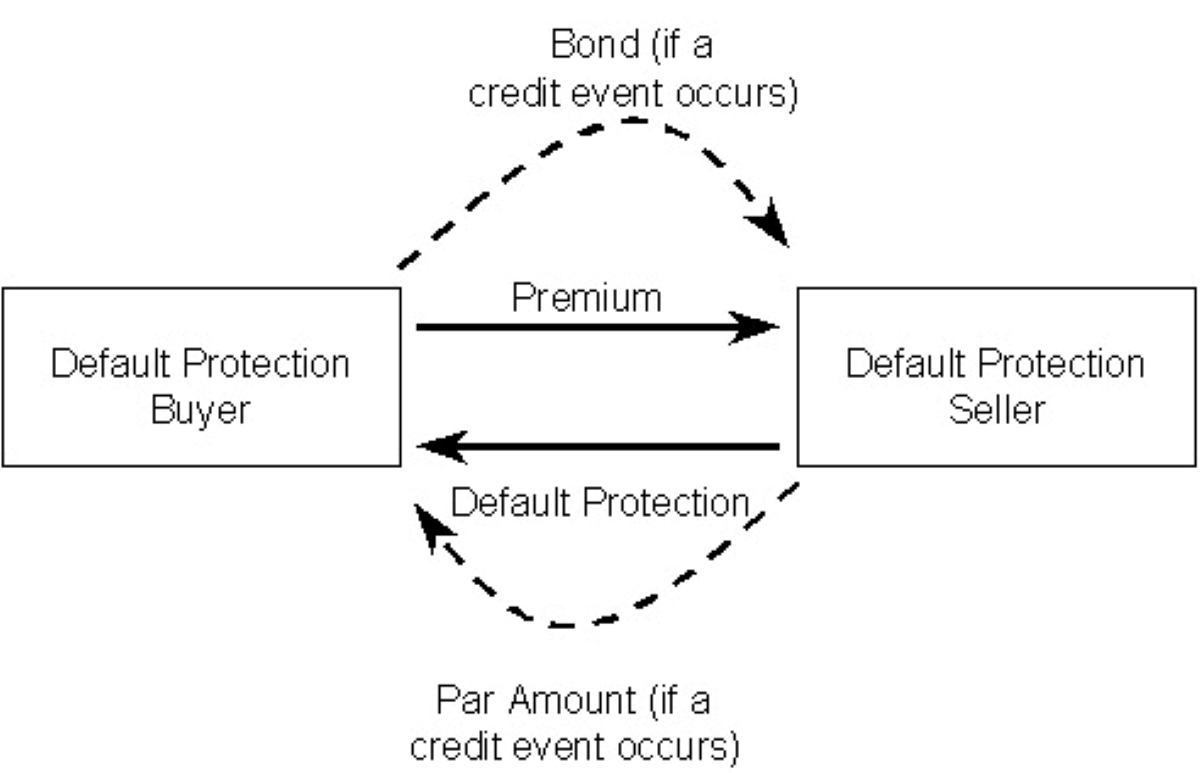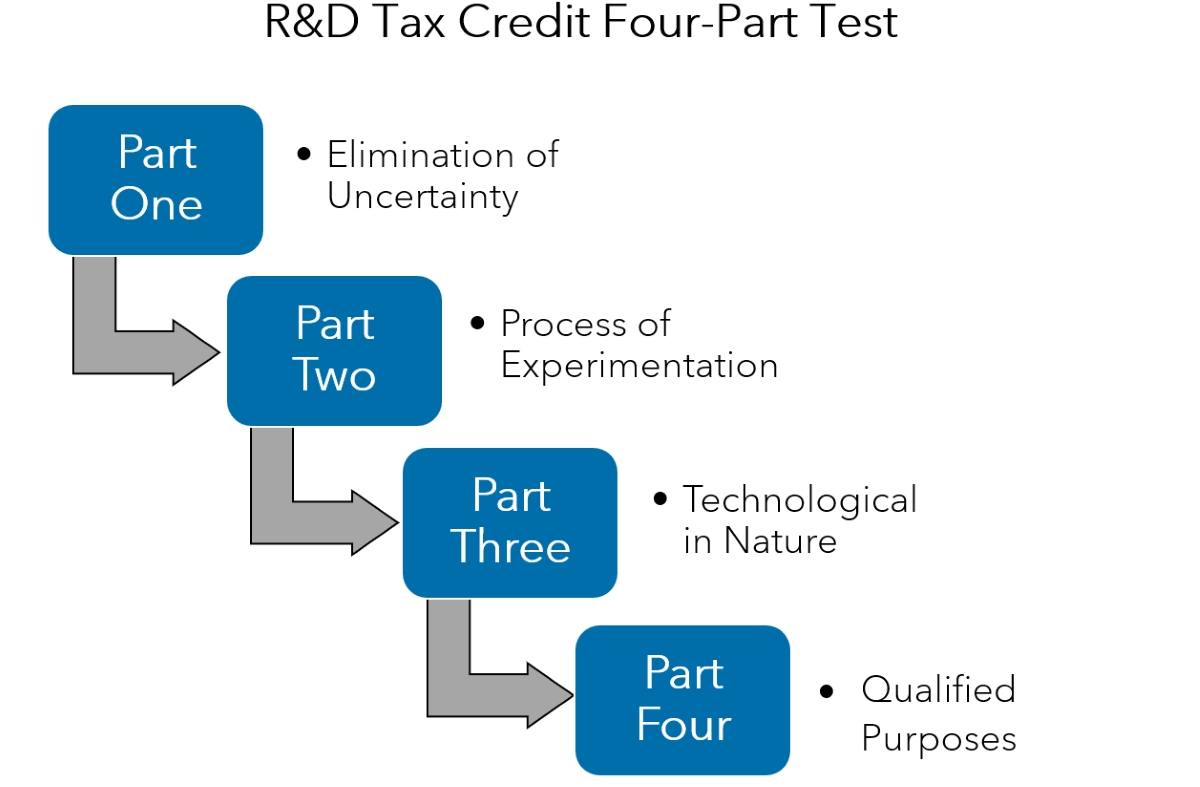

Finance
How Will A Short Sale Effect My Credit
Published: January 9, 2024
Find out how a short sale can impact your credit score and overall financial situation. Understanding the effects of a short sale on your credit is crucial for making informed financial decisions.
(Many of the links in this article redirect to a specific reviewed product. Your purchase of these products through affiliate links helps to generate commission for LiveWell, at no extra cost. Learn more)
Table of Contents
Introduction
In the world of real estate, sometimes homeowners find themselves in difficult financial situations where they are unable to keep up with their mortgage payments. In such cases, one option that may be available to them is a short sale. This is a process where the homeowner sells their property for less than the amount owing on the mortgage. While a short sale can provide some relief from financial burdens, it is crucial to understand how it can impact your credit.
A short sale is often seen as a more favorable alternative to foreclosure, as it allows homeowners to avoid the negative consequences associated with the latter. However, it is important to note that a short sale can still have an impact on your creditworthiness and credit score. Understanding the intricacies of how a short sale can affect your credit is crucial for making informed decisions and planning for the future.
In this article, we will delve into the relationship between short sales and credit scores, discussing the specific factors that can impact your credit, and providing guidance on how to handle the aftermath of a short sale.
It is important to note that the information presented in this article is intended as a general guide. The impact of a short sale on your credit can vary depending on individual circumstances and the specific policies of lenders and credit bureaus. It is always recommended to consult with financial professionals or credit counselors for personalized advice.
Understanding Short Sales
A short sale refers to the process of selling a property for less than the outstanding balance on the mortgage. It is typically pursued by homeowners who are facing financial hardships and are unable to continue making mortgage payments. Instead of going through the foreclosure process, which can be detrimental to both the homeowner’s credit and financial standing, a short sale allows for a more controlled and potentially less damaging outcome.
Short sales involve negotiating with the lender to accept a lower payoff amount, and if they agree, the property is sold to a buyer at the reduced price. The lender takes a loss on the loan, but it helps them avoid the costly and time-consuming foreclosure process.
It’s important to note that not all homeowners are eligible for a short sale. Lenders typically require a demonstration of financial hardship and a lack of other viable options, such as loan modification or refinancing. Furthermore, the homeowner must have a valid reason for requesting a short sale, such as job loss, divorce, medical emergencies, or significant decrease in property value.
Short sales have become increasingly common in the wake of the 2008 financial crisis when many homeowners found themselves underwater on their mortgages. It provided an avenue for them to escape from overwhelming debt and avoid the severe consequences of foreclosure.
Real estate agents or specialized short sale negotiators often handle the communication with the lender and the marketing of the property. It is crucial to work with professionals experienced in short sales to navigate the complex process.
Credit and Short Sales
When it comes to short sales, credit is a key consideration. Credit is a measure of an individual’s creditworthiness and is used by lenders to determine the likelihood of repayment. It plays a vital role in obtaining loans, credit cards, and even securing favorable interest rates.
Short sales can have an impact on your credit score and credit history. However, the specific impact can vary depending on a variety of factors, such as your overall credit profile, payment history, and the policies of credit bureaus and lenders.
While a short sale may be seen as a better alternative to foreclosure, it is essential to understand that it still indicates financial distress to potential lenders. This can affect your ability to obtain new credit in the short term after the short sale. However, the impact on credit scores can differ between individuals.
The primary factor that determines how a short sale affects your credit is how it is reported by the lender to the credit bureaus. The reporting of a short sale can be classified in different ways, including “settled for less than the full balance” or “charge-off.” These designations can have different implications for your credit score.
Additionally, the impact on your credit may depend on your payment history leading up to the short sale. If you have a history of making late payments or have already missed payments, your credit score may already be negatively affected. In these cases, a short sale may not have as significant of an impact as the missed payments themselves.
It’s important to note that while short sales can have a negative impact on credit scores, they are generally viewed more favorably than foreclosures. Foreclosures typically have a more severe and long-lasting impact on creditworthiness.
Understanding the nuances of how a short sale can affect your credit is crucial. It is essential to consult with professionals who specialize in credit and financial planning to get a clear understanding of how a short sale may impact your specific credit situation.
Factors that Affect Credit
When it comes to understanding how a short sale can impact your credit, it’s crucial to consider the various factors that influence your credit score. Your credit score is a numerical representation of your creditworthiness and is determined by several key factors. Let’s explore these factors:
- Payment history: This is one of the most critical factors in determining your credit score. It takes into account whether you have made your payments on time, had any late payments, or missed payments altogether. If you have a history of late or missed payments, it can have a negative impact on your credit score.
- Debt utilization: This factor looks at the amount of credit you are using compared to your total available credit limit. High utilization can indicate a higher level of financial risk and negatively impact your credit score. It is generally recommended to keep your credit utilization below 30%.
- Length of credit history: The length of time you have had credit accounts also plays a role in your credit score. Generally, a longer credit history demonstrates more stability and responsible credit management, which can positively impact your credit score.
- Credit mix: Having a diverse mix of credit accounts, such as credit cards, loans, and mortgages, can positively influence your credit score. It suggests that you can handle different types of credit responsibilities.
- New credit applications: Opening multiple new credit accounts or applying for several loans within a short period can negatively impact your credit score. It can be seen as a financial risk and may indicate a higher likelihood of default.
These factors collectively contribute to your creditworthiness and can be influential in determining the impact of a short sale on your credit. It’s important to recognize that a short sale can affect these factors differently for different individuals, and the overall impact may vary.
Keep in mind that credit scores are not solely determined by short sales. Your overall credit history and financial behavior over time play a significant role in shaping your creditworthiness. Therefore, it is essential to manage your credit responsibly, even during and after a short sale, to minimize the impact on your credit score.
How a Short Sale Affects Credit
A short sale can have both immediate and long-term effects on your credit. Understanding these effects is crucial for managing your credit and planning for the future.
1. Immediate Impact on Credit Score: When a short sale is reported to the credit bureaus, it can result in a decrease in your credit score. The exact impact can vary depending on factors such as your credit history, payment history, and the reporting by the lender. Generally, a short sale is considered a negative item on your credit report, which can lead to a decline in your credit score.
2. Reporting on Credit History: The reporting of a short sale on your credit history can vary. It may be reported as “settled for less than the full balance” or “charge-off.” Both designations can have a negative impact on your credit score. However, “settled for less than the full balance” is generally viewed more favorably than “charge-off.”
3. Impact on Creditworthiness: A short sale can also affect your creditworthiness, making it harder to secure new credit in the short term. Lenders may view a short sale as an indication of financial distress, which can make them hesitant to approve new loans or credit applications. It’s important to be prepared for potential limitations on your credit options following a short sale.
4. Long-term Effects on Credit: While a short sale can impact your credit in the short term, the long-term effects can vary depending on future financial behavior. If you continue to manage your credit responsibly post-short sale, such as making timely payments, reducing debt, and maintaining a healthy credit mix, you can gradually rebuild your credit score over time.
It’s important to remember that the impact of a short sale on your credit is not permanent. As time passes and you demonstrate responsible credit behavior, the negative effects can diminish. It’s crucial to focus on rebuilding your credit and working towards a stronger financial future.
Ultimately, a short sale’s impact on your credit is a complex matter that can depend on various factors. Consulting with financial professionals or credit counselors can provide valuable guidance tailored to your specific situation.
Immediate Impact on Credit Score
One of the most significant concerns for homeowners considering a short sale is the immediate impact it can have on their credit score. The reporting of a short sale to credit bureaus can result in a decrease in your credit score. However, the exact impact can vary depending on your individual credit history and the reporting by the lender.
When a short sale is reported, it is typically indicated as “settled for less than the full balance” or “charge-off” on your credit report. Both designations can have a negative impact on your credit score, but “settled for less than the full balance” is generally viewed more favorably.
The extent of the decrease in credit score will depend on various factors, such as your overall credit history, payment history, and the presence of any other negative items on your credit report. For individuals with a strong credit history and a solid payment record, the immediate impact may be less severe compared to those with a history of late payments or other negative credit events.
It’s important to note that the credit score decrease resulting from a short sale is typically not as severe as that caused by a foreclosure. Foreclosures generally have a more significant and longer-lasting negative impact on credit scores.
Another factor to consider is the timing of the short sale in relation to other negative items on your credit report. If you already have missed or late payments on your record, the immediate impact of a short sale may be somewhat minimized, as the missed payments already negatively affect your credit score. However, this does not diminish the importance of responsibly managing your credit even during a short sale process.
While the initial decrease in credit score resulting from a short sale is an important consideration, it’s crucial to remember that credit scores are not permanent and can be rebuilt over time. With responsible credit management, such as making timely payments, reducing debt, and establishing a positive credit history, you can gradually improve your credit score following a short sale.
Additionally, it’s essential to keep in mind that the impact on credit scores can vary depending on the specific reporting policies of lenders and credit bureaus. It’s always a good idea to review your credit report regularly to ensure accuracy and address any inconsistencies or errors that may negatively impact your creditworthiness.
Overall, while there may be an immediate decrease in your credit score as a result of a short sale, it should not discourage you from pursuing it if it is the best option for your financial situation. With time, responsible credit management, and strategic financial planning, you can rebuild your credit and work towards a stronger financial future.
Long-term Effects on Credit
While a short sale can have an immediate impact on your credit score, it’s important to consider the long-term effects and understand how they may unfold over time.
1. Credit Score Recovery: Following a short sale, the negative impact on your credit score is not permanent. With responsible credit management, such as making timely payments, reducing debt, and establishing a positive credit history, you can gradually rebuild your credit score. Over time, as you demonstrate financial responsibility, the negative effects of the short sale on your credit score can diminish.
2. New Credit Opportunities: While a short sale may result in limitations on credit options in the short term, as your credit score improves and your financial situation stabilizes, new credit opportunities can become available to you. Lenders may consider your creditworthiness based on your overall credit history and financial behavior post-short sale. It’s important to be patient and strategic in rebuilding your credit to increase your chances of obtaining new credit in the future.
3. Resource for Lenders: Some lenders may look at a short sale as a positive factor, as it indicates that you took proactive measures to address your financial challenges rather than going through foreclosure. While the short sale itself may have had a negative impact, lenders may still appreciate your effort to resolve the situation responsibly.
4. Accurate Reporting: It’s crucial to regularly review your credit report to ensure that the short sale is accurately reported by all parties involved. In some cases, errors or inconsistencies may occur, which can further impact your credit score negatively. Ensuring that accurate and updated information is reflected on your credit report is essential for your long-term credit health.
It’s important to note that rebuilding your credit post-short sale will require time and effort. It’s crucial to manage your credit responsibly, including paying bills on time, carefully monitoring your credit utilization, and avoiding excessive debt. Patience and consistency in implementing healthy credit habits will contribute to the long-term improvement of your creditworthiness.
Additionally, seeking guidance from financial professionals or credit counselors can provide valuable insights and strategies for rebuilding your credit after a short sale. Their expertise can help you navigate the process and explore options to enhance your creditworthiness.
Overall, while a short sale may initially have a negative impact on your credit, it’s important to recognize that it does not define your creditworthiness indefinitely. With time, responsible credit management, and a proactive approach to rebuilding your credit, you can overcome the long-term effects and work towards a stronger financial future.
Rebuilding Credit After a Short Sale
Rebuilding your credit after a short sale is a crucial step towards regaining financial stability. Although a short sale may initially have a negative impact on your credit score, there are several strategies you can employ to improve your creditworthiness over time. Here are some tips for rebuilding credit after a short sale:
1. Develop a Budget: Creating a realistic budget is the foundation for managing your finances effectively. Ensure that your expenses are in line with your income to avoid further financial strain. By sticking to a budget, you can make timely payments towards existing credit accounts and avoid accumulating new debt.
2. Make Timely Payments: Paying your bills on time is essential for rebuilding credit. Even though a short sale may have affected your credit score, consistently making timely payments for utilities, rent, and other recurring expenses can demonstrate your commitment to financial responsibility.
3. Monitor Your Credit Report: Regularly monitoring your credit report allows you to keep track of any changes or inaccuracies. It also helps you identify areas that need improvement. Check your credit report for any errors related to the short sale, such as incorrect reporting or incomplete information. Dispute any discrepancies and ensure that accurate information is reflected on your report.
4. Utilize Secured Credit Cards: Secured credit cards can be an effective tool for rebuilding credit after a short sale. These cards require a security deposit and typically have a low credit limit. Using a secured credit card responsibly, by making timely payments and keeping your credit utilization low, can demonstrate your creditworthiness and improve your credit score over time.
5. Manage Existing Debt: If you have remaining debts after the short sale, it’s important to address them responsibly. Prioritize paying off any outstanding balances or negotiate with creditors to establish manageable payment plans. Reducing debt demonstrates financial stability and can positively impact your credit score.
6. Establish New Credit: Once you have stabilized your financial situation, you can gradually start applying for new credit accounts. Start with small credit limit credit cards or secured loans, and make sure to use them responsibly. Making timely payments on these new accounts can help demonstrate your creditworthiness and rebuild your credit score.
7. Seek Professional Guidance: Consider consulting with financial professionals or credit counselors who can provide personalized guidance on rebuilding credit after a short sale. They can offer insights, strategies, and resources to help you navigate the process effectively.
Remember, rebuilding credit takes time and patience. It’s important to remain committed to responsible financial habits while being persistent in improving your creditworthiness. With diligence and a proactive approach, you can gradually rebuild your credit score and work towards achieving a stronger financial future.
Conclusion
A short sale can be a viable option for homeowners facing financial hardship and struggling to keep up with mortgage payments. While it can provide relief from overwhelming debt, it is important to recognize that a short sale can have an impact on your credit. Understanding the effects and knowing how to navigate the aftermath of a short sale is crucial for managing your credit and planning for the future.
A short sale can result in an immediate decrease in your credit score, as it indicates financial distress and potential default. The specific impact may vary depending on factors such as your credit history, payment history, and reporting by the lender. However, it is important to note that a short sale is generally seen as a more favorable option compared to foreclosure, which can have a more severe and long-lasting negative impact on your credit.
Rebuilding your credit after a short sale requires time, discipline, and responsible financial management. Focus on making timely payments, reducing debt, and establishing a positive credit history. Regularly monitor your credit report for accuracy and address any errors or discrepancies promptly. Consider utilizing secured credit cards and gradually applying for new credit accounts once your financial situation stabilizes.
Remember, the impact of a short sale on your credit is not permanent. With patience, perseverance, and responsible credit management, you can gradually rebuild your credit score over time. Seeking guidance from financial professionals or credit counselors can provide valuable insights and strategies tailored to your specific situation.
In conclusion, while a short sale may have immediate and long-term effects on your credit, it should not discourage you from pursuing it if it is the best option for your financial circumstances. By understanding the implications and taking proactive steps to rebuild your credit, you can work towards a stronger financial future and regain your creditworthiness.














